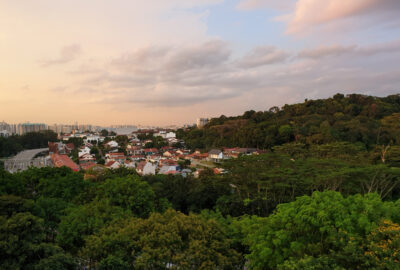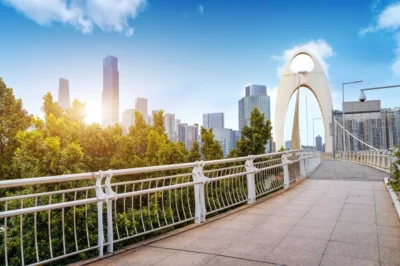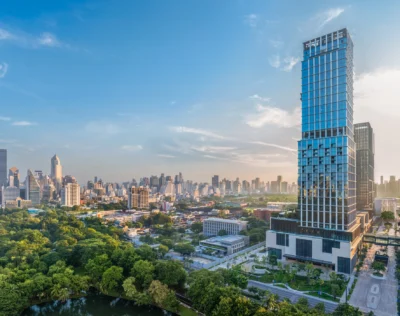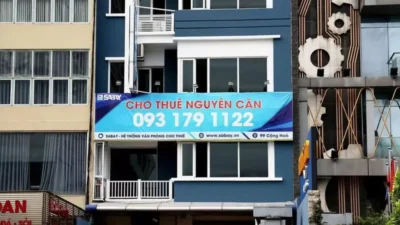Sri Lanka eyes a revival as the political transition and pandemic cripple the tourism industry
The island nation’s property sector is currently on the ropes as they emerge out of one trough and sink into another
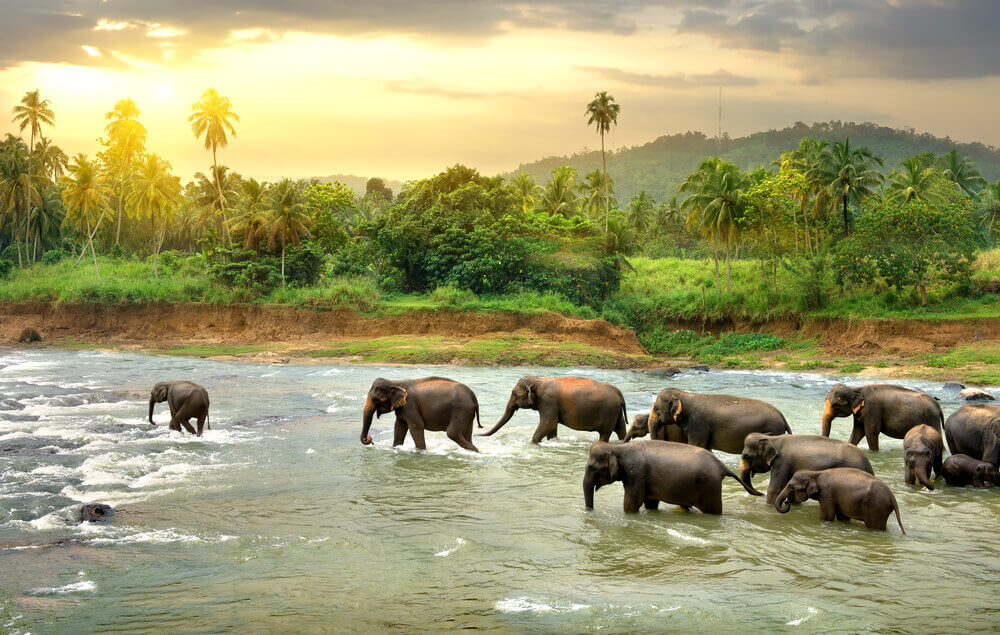
Positive sentiment was beginning to rise for Sri Lanka’s property market. Last November—the ills of the previous Rajapaksa regime seemingly forgotten—Gotabaya Rajapaksa won the presidency, and trepidation surrounding the economy gave way to confidence.
The former wartime defence chief’s bullish attitude to reviving business after years of sluggish growth resonated with an electorate desperate to put the tragic events of the year behind them.
On Easter Sunday last year, the country had experienced its worst violence since its brutal decades-long civil war ended in 2009: a coordinated series of terrorist attacks that killed more than 250 people and injured hundreds.
Criticising the previous government for serious failures that led to the bombings, the Rajapaksas touted security and business reforms, vowing that such a tragedy wouldn’t have happened on their watch and that they would put an end to recent years of slow economic growth.
By November, the damage dealt by the attacks to tourism had resounded through all sectors as the economy was on course to hitting an 18-year low of 2.7 percent.
“We had a double jeopardy scenario at the end of last year—the Easter Sunday attacks and November’s presidential election,” states Nirmal De Silva, co-founder and CEO of Paramount Realty, a firm that provides real estate and infrastructure advisory services. “There was a period of uncertainty and both incidences were compounded by an already sluggish economy, so people were sceptical in terms of investment.”
However, after the presidential election in November, things started looking up as the new government swiftly announced wide-ranging tax breaks, which the finance minister expects to provide a fiscal stimulus of LKR550 billion (USD3 billion) to the economy. The government cut the overall VAT rate from 15 to eight percent, and as of December scrapped VAT on condominiums. Meanwhile, to revive sales, developers were offering more flexible payment schemes and attractive discounts.
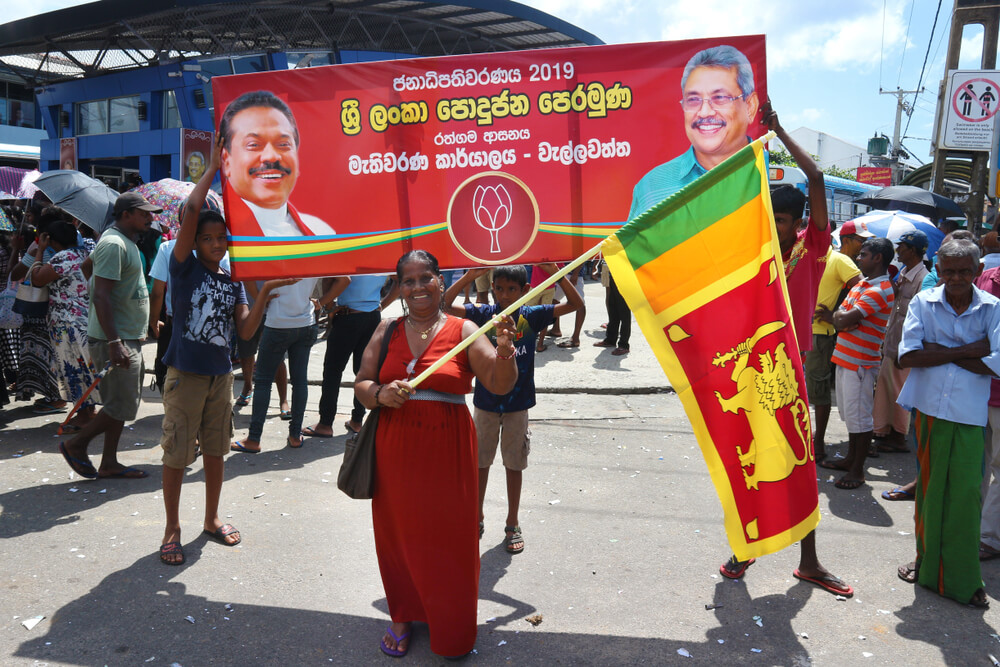
Such measures have sparked “a renewed interest and sense of possibility within the country,” relates De Silva, adding that most buyers are interested in the affordable living segment, where units are priced at LKR25 million or less.
The luxury market, however, has yet to convince investors of future returns as an oversupply of units continues to weigh on prices. Estate agents say rental prices for luxury properties have fallen at least 30 percent in the past couple of years. Property website LankaPropertyWeb.com reports the average listing price of a home in Colombo has fallen four percent, while a report late last year by realtor JLL forecasts the luxury sector to enter a period of consolidation in the short-term, offering stable to flat returns.
More: Sri Lankan real estate industry welcomes Rajapaksa family’s return to power
States the JLL report: “Sales velocity in the ultra-luxury and luxury market segment is experiencing a downward trend. Many incentives, including the easing of buying restrictions, linking the purchase of residential property to residency privileges, and the suspension of the 15 percent value-added tax to six percent on sales of apartments, are steps in the right direction to boost the sector performance amid temporary uncertainties in the market.”
Yet for the market to broadly regain confidence, it is vital that tourism rebounds.
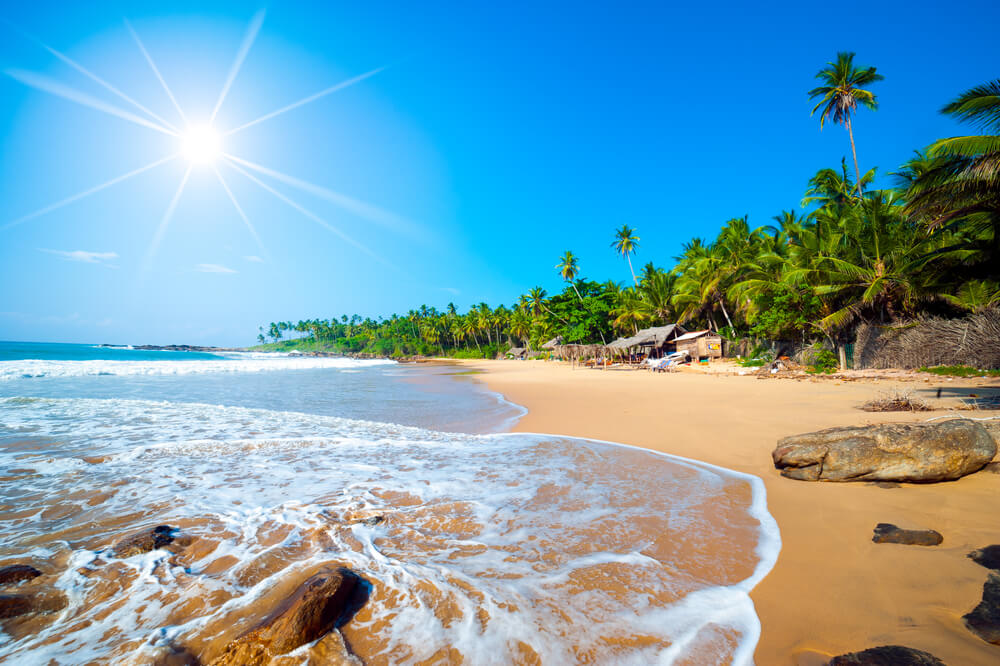
While Sri Lanka attracts a fraction of the number of tourists of neighbouring countries, pulling in nearly two million tourists last year, tourism has been the “cross-fertilizing x-factor” for the real estate market, asserts Roshan Madawela, founder of business and property advisory firm Research Intelligence Unit (Sri Lanka).
“Apart from generating income for people in the leisure sector—hotels and homestays— tourism is also one of the main sources of foreign interest in Sri Lanka. We find that many people come here on holiday, and then for whatever reason fall in love with the island and they sometimes look to invest or buy a property,” he says.
However, analysts are quick to acknowledge all predictions and success will likely be undermined by the coronavirus that began in China and has since swept across the globe, pummelling all industries. Even as property is regarded a long-term investment, the changing nature of the crisis and the long-term structural damage it could cause economies pose questions over Sri Lanka’s economic future.
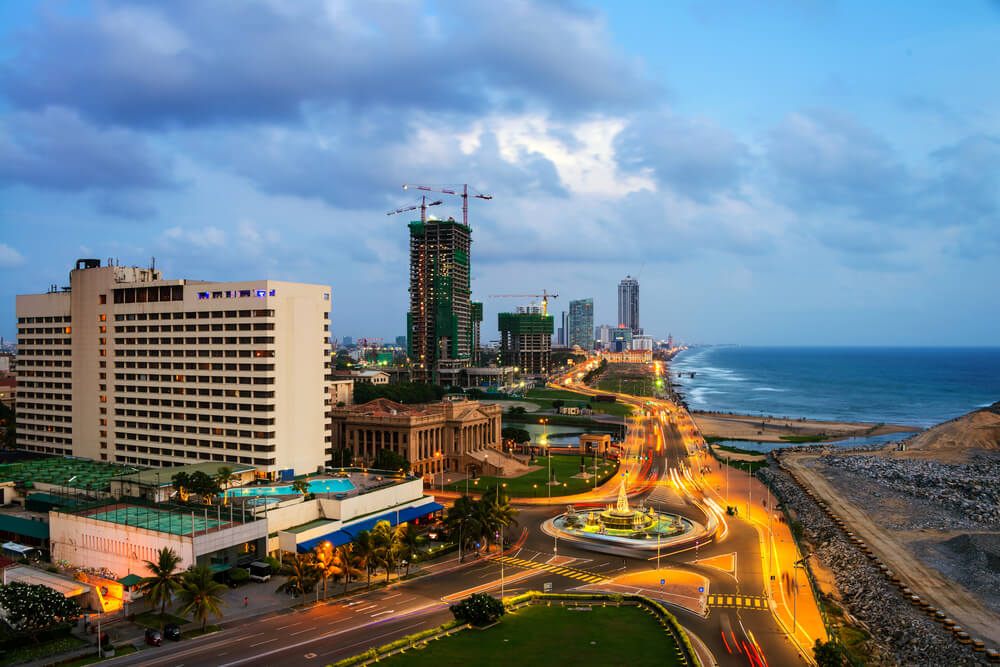
For starters, tourism—reeling from a significant 71 percent drop in May—was only beginning to recover as December tourist arrivals were still 4.5 percent down on average due to a continuing fallout from the bombings.
In February, when airports in Sri Lanka still operated normally, tourist arrivals dropped by nearly 18 percent. On March 18, the government suspended all international flights. Research Intelligent Unit’s Madawela predicts figures for March to be “down massively by 60 to 70 percent—if not more. The impact on the hotel industry will be colossal.”
Equally uncertain is the country’s short-term political future. In March, Sri Lanka’s president dissolved parliament, calling for new parliamentary elections in April in a bid to consolidate power and overturn a previous amendment to the constitution that supposedly hampers his ability to govern. But due to the virus pandemic, opposition parties have called for its deferment.
While few doubt Gotabaya will win, many investors continue to remain cautious, wondering not just when the election will happen, but how extensively the virus will affect the country. “There is still a cat-and-mouse game where investors are waiting to see how this election goes—that is the overall sentiment in the market,” says De Silva.
This article originally appeared in Issue No. 159 of PropertyGuru Property Report Magazine
Recommended
Meet the expert helping overseas investors crack Australia’s property market
Ivan Lam of property advisors Charter Keck Cramer helps clients navigate Australia’s complex real estate dynamics
6 spots to check out in Singapore’s Bukit list neighbourhood
The sought-after Singapore neighbourhood offers lifestyle amenities, green space, and new residential projects
Thailand’s real estate sector watches closely as the Shinawatras return to power
Time will tell if the return to power in Thailand of the Shinawatras will lift the country’s ailing real estate sector
China’s homebuying surge: Can new stimulus measures keep the market rally alive?
Stimulus measures have sparked a surge in homebuying activity around China, but many are sceptical the shift will endure


